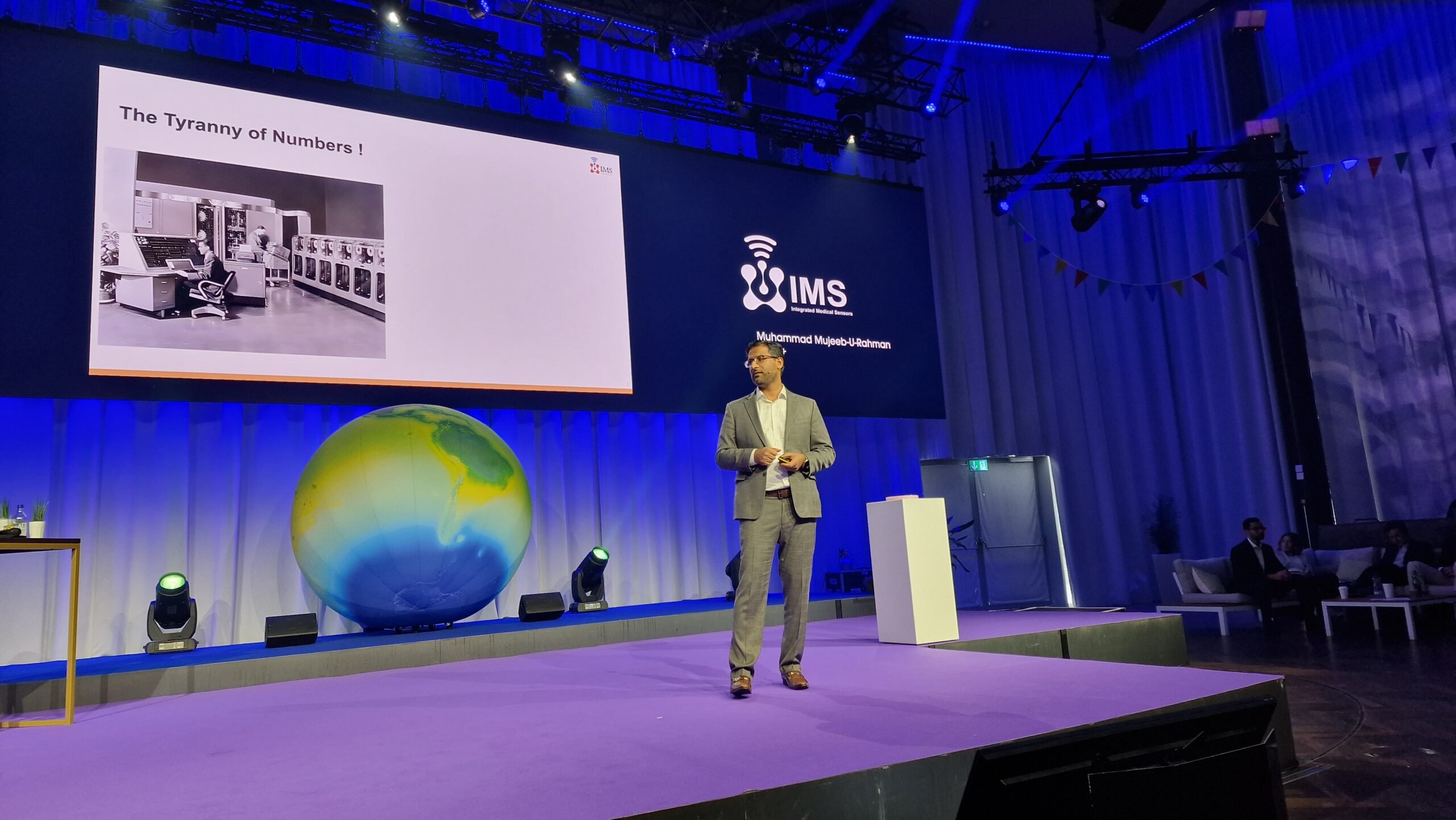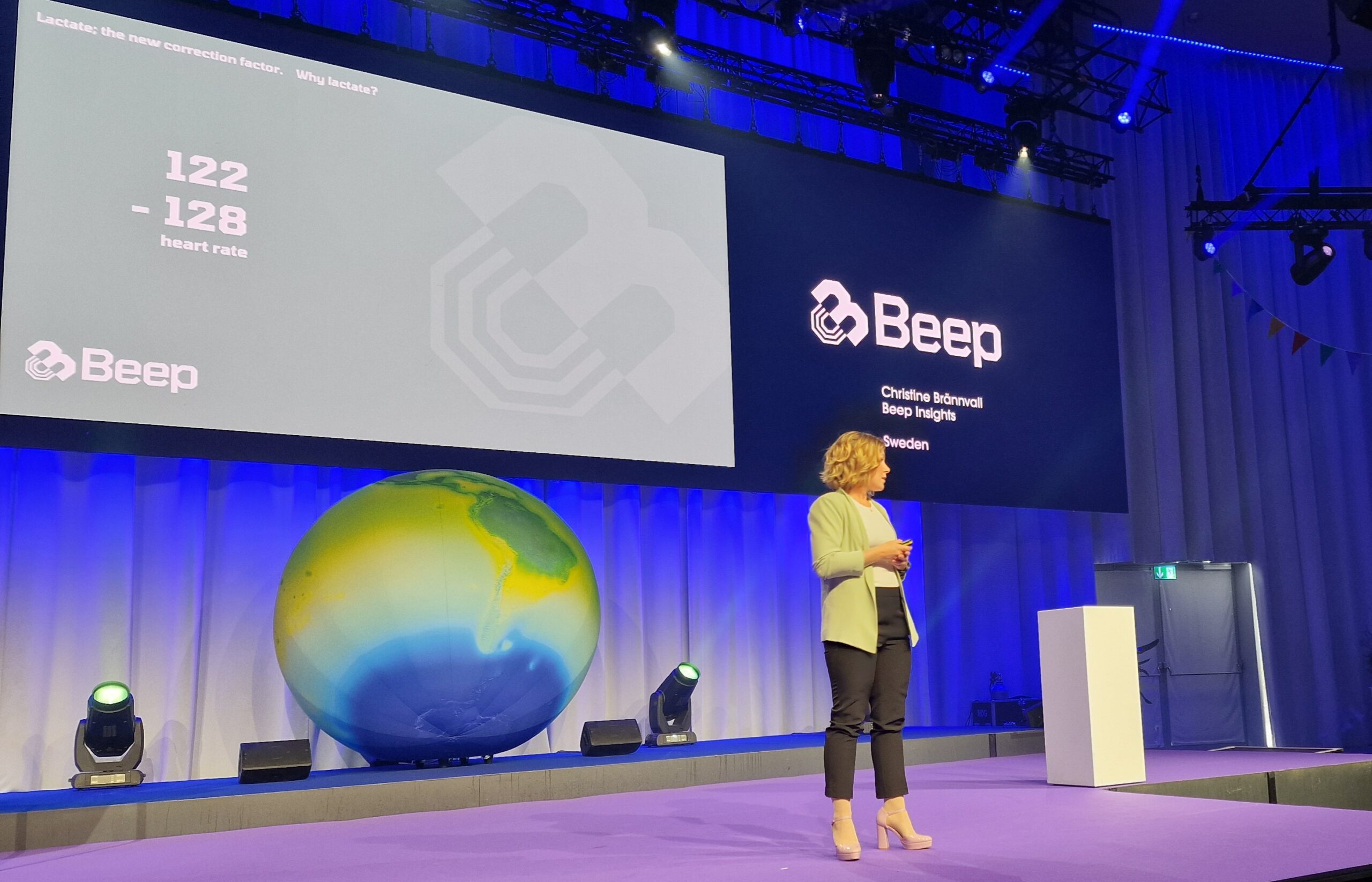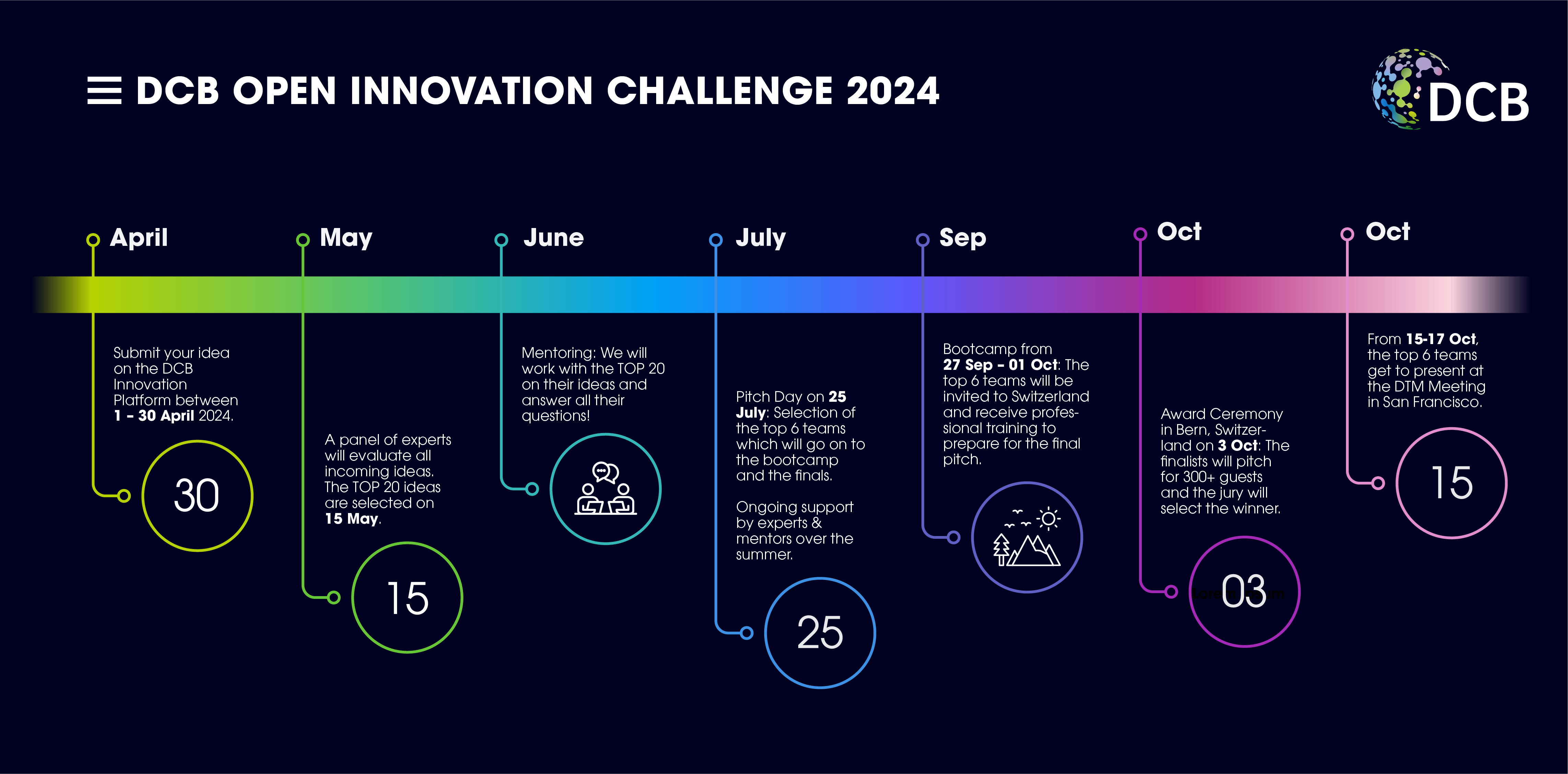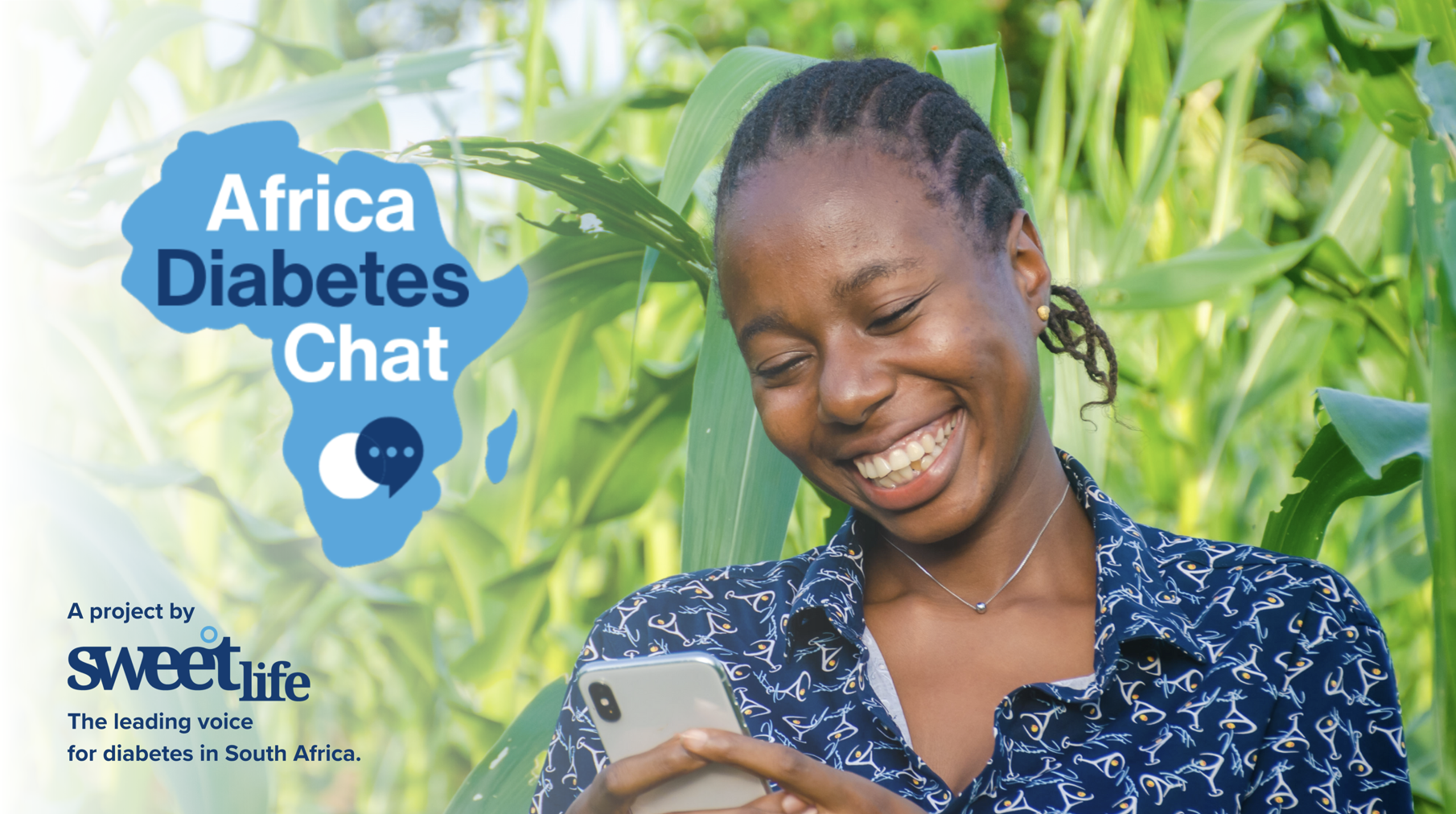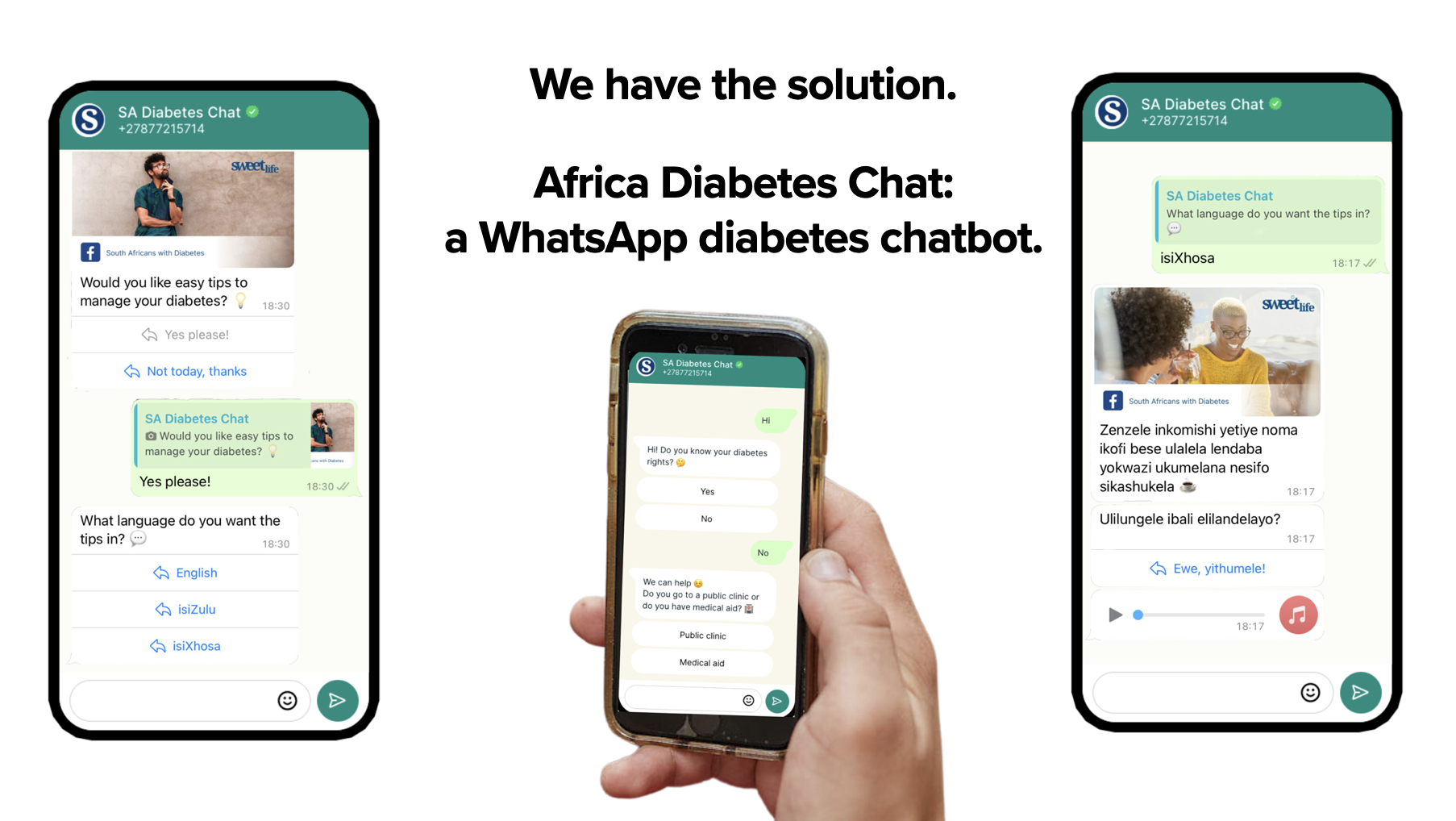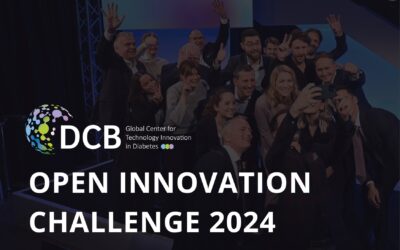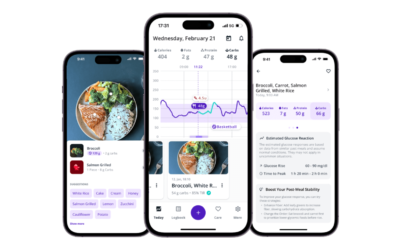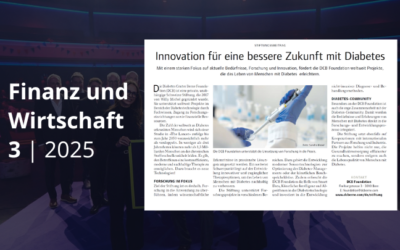Zum fünften Mal veranstaltet das Diabetes-Zentrum Bern die Open Innovation Challenge mit dem Ziel, innovative Projekte...
DCB Newsletter #5/24: INSIDE DCB – Our Milestones in 2024
DCB Newsletter #5/24: INSIDE DCB – Our Milestones in 2024
Dear DCB community – as we approach the end of this year, we want to take the opportunity to look back on our team’s achievements in 2024 – the seventh year of the existence of DCB.
A lot has been going on and the list keeps getting longer! But see for yourself:

Operations
👥 Inside DCB: We welcomed the fourth professorship, Lisa Koch, to our premises. In two retreats, we refined our vision, defined our goals, and worked on team effectiveness and collaboration.
✅ Fully certified: We further developed our Management System according to ISO 9001, defined and integrated clinical processes and passed the SQS recertification audit with flying colours.
⛑️ Safety first: Several studies were successfully initiated and conducted at the facility. There were no safety-related incidents.
Innovation & Business Development
🌐 Global Impact: Our team evaluated over 300 ideas, proposals, and applications, propelling the global innovation ecosystem forward. We identified and supported several dozen projects and startups, providing them with unparalleled expertise, access to our extensive network, cutting-edge facilities, and crucial funding.
🏆 DCB Open Innovation Challenge 2024: The DCB Open Innovation Challenge once again emerged as a beacon of success. We are very proud of the number of start-ups this year and of our collaboration with the Diabetes Technology Society from the U.S. We are particularly pleased to have received a total of 100 new and innovative ideas from 40 different countries. Six exceptional projects from USA, Spain, Switzerland, Sweden, and the UK took center stage, culminating in a thrilling Award Night attended by 240 enthusiasts from around the globe. This year’s winner, IMS, impressed the jury with a revolutionary, particularly small, and minimally invasive device for continuous glucose monitoring (CGM). The world’s first fully integrated single-chip device monitors blood glucose using multiple sensors simultaneously and can also record other physiological parameters such as tissue temperature. It is also able to measure various physiological parameters such as glucose and ketones – all with just one device.
The other amazing finalists were:
Genomelink – Yuta Matsuda
Beep Insights – Christine Brännvall
Innodose – Sufyan Hussain
Neuria – Frédérik Plourde
Amic Health – Jorge Bondia
🚀 Tailored Workshops for Start-ups: Multiple workshops were organised for various start-ups, covering different key topics. They ranged from a few hours virtually to multiple days in person. The workshops addressed everything from clinical insights, data management, project management, communication, to branding. A key point noticed was that investor decks were often too detailed and overloaded with content. Top tip: Investors typically spend only 2.5 to 3 minutes reading them!
📊 DT-report: Together with diabetesschweiz, the Swiss Society for Endocrinology and Diabetology (SGED | SSED), and partners in Germany and Austria, we are conducting a representative survey on the topic of diabetes technology for the DT-Report. About 200 people with diabetes and 100 healthcare professionals have already filled out the questionnaire.
🎉 DCB project Beyond Diagnostics receives Innosuisse grant: Dr. Maren Schinz has secured an innovation grant from Innosuisse to advance her research on insulin inactivity with Beyond Diagnostics, a DCB spin-off. Congratulations!
📚 Diabetes Training for Pharmacists: The Amavita pharmacies from Galenicare in Switzerland organized 5 half-day workshops focused on everything related to diabetes. In these sessions, we provided a comprehensive training for pharmacists to enhance their knowledge and skills in managing diabetes care.
👥 Conferences: EASD conference, hosted the Innovation Zone in Madrid and brought almost 20 startups who had the chance to present their ideas to the audience. Our booth was well visited, and we were happy with the results.
Communications
👋 Growing our community: We’ve reached 4,800 (almost 5000!) followers on LinkedIn and more than 700 followers on Instagram in 2025. We’re so excited our community is ever-growing and appreciate every single one of you, joining us on our journey of making life better for people with diabetes!
🔍 Visibility boost: DCB hosted the speech of Viola Amherd, President of the Swiss Confederation, on occasion of the 85th anniversary of the oldest Swiss disease awareness day, ‘Tag der Kranken’, on 3 March 2024, which resulted in strong media coverage for DCB.
💻 Website updates: Our website is now enriched with additional content in various sections and is running even faster than before. We want to thank HYVE for the valued and long-lasting collaboration!
🗣️ Valuing Lived Experience: People living with diabetes are at the core of all that we do at DCB. We are so grateful for our continually growing community of Lived Experience Experts – currently 18 people in 14 different countries all over the world!
Clinical & Data
🔬 Innosuisse: We are recognised by Innosuisse as a Research Partner and submissions in collaboration with industry partners are on-going.
🩸 Menstrual cycle project: We are about to complete the menstrual cycle project which was conducted in close collaboration with Tidepool. The aim of this research project is to collect data on diabetes management among menstruating people living with type 1 diabetes to evaluate changes in insulin sensitivity across the menstrual cycle. We have received data from 435 cycles of 76 women and look forward to presenting the first results soon.
🔎 Clinical Study FibreGum on-going: Under the supervision of our assistant professor Maria Luisa Balmer, the FibreGum study is running at the Children Clinic Berne, assessing the effect of an additive in a chewing gum on body weight loss. 64 adolescents and young adults have been included so far. The participation of the Eastern Swiss children’s hospital in St. Gallen is under evaluation at the competent Ethics Committee. The study will be conducted also there starting 1st quarter 2025. An equivalent study in adults -FaibaGo – is under preparation.
🔎 Clinical Study GlucoSet: The DCB is contributing to the first-in-human study where a novel intravascular glucose sensor in an intensive care unit setting is tested. Results are intended to supplement data obtained from laboratory studies, animal studies and an earlier first-in-man study.
🔎 Clinical Study AID-JUNCT will soon recruit participants: the supervision of our assistant professor José Garcia Tirado, the AID-JUNCT will be conducted at the Cantonal Hospital in Olten. It will evaluate the efficacy of tirzepatide (Mounjaro®) as adjunctive therapy to automated insulin delivery on percent time in range . 42 T1D adults will be included.
📥 Clinical Study SPN-005 successfully conducted: At the University Clinic for Diabetology, Endocrinology, Nutritional Medicine & Metabolism (UDEM) in Berne, the study aims to assess the feasibility of a noninvasive medical device, developed by the company Liom, to detect, and track glucose changes transcutaneously in defined and dynamic states of glycemia. 20 T1D adults were included over 6 months and the study results will be available at the beginning of 2025.
🤝 First participant recruited for the Evo Study (Study Sponsor: BODYSense SAS): The study will examine associations between glycaemic states such as stable (hypoglycaemia, euglycemia, and hyperglycaemia), increasing, and decreasing blood glucose, and the VOC (volatile organic compound) spectra in the breath measured with a Gas Chromatograph-Ion Mobility Spectrometer (GC-IMS) device as a reference and a portable device prototype to measure VOCs. The device prototype has been developed by BODYSense with the purpose to allow blood glucose monitoring through non-invasive breath analyses.
👥 Study conduct network extension: The Eastern Swiss children’s hospital in St. Gallen, the Cantonal Hospital in Olten and the Division of Endocrinology and Diabetology of the Medical University of Graz (Austria) are now qualified as study sites and are allowed to conduct studies under our support / responsibility.
📖 Contribution to publications: Using data from our previous VAARA study, the publication led by Prof. Lilian Witthauer titled „Detection of Hypoglycaemia in Type 1 Diabetes Through Breath Volatile Organic Compound Profiling Using Gas Chromatography-Ion Mobility Spectrometry“ was featured in Diabetes, Obesity and Metabolism.
A preprint authored by Liom titled „A Prospective Pilot Study Demonstrating Non-Invasive Calibration-Free Glucose Measurement“ was published on medRxiv.
DCB also featured numerous abstracts presented at major diabetes conferences, including EASD and ATTD.
📊 Electronic Data Capture System: REDCap® has undergone significant upgrades and enhancements through the integration of external modules and services. These improvements ensure the platform continues to provide a secure environment, uphold strict quality control standards, and offer user-friendly interfaces. Additionally, REDCap® promotes participant engagement and supports efficient operational management.
Thank you, dear readers for your loyalty and interest throughout the year! We will continue to provide you with new series, inside stories and regular updates in 2025. All the best and happy holidays!🎄 🎆


DCB Research AG
Freiburgstrasse 3
3010 Bern
Switzerland

